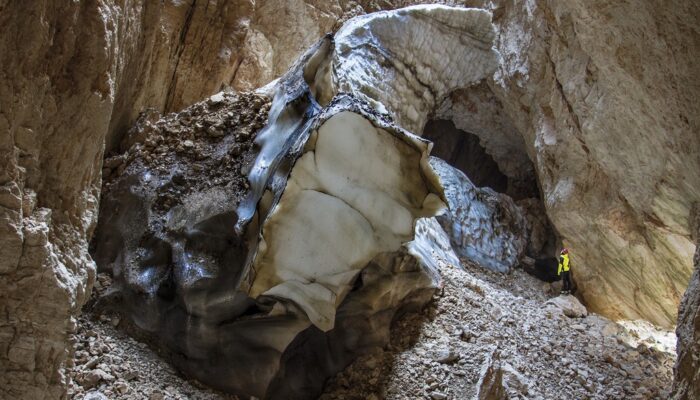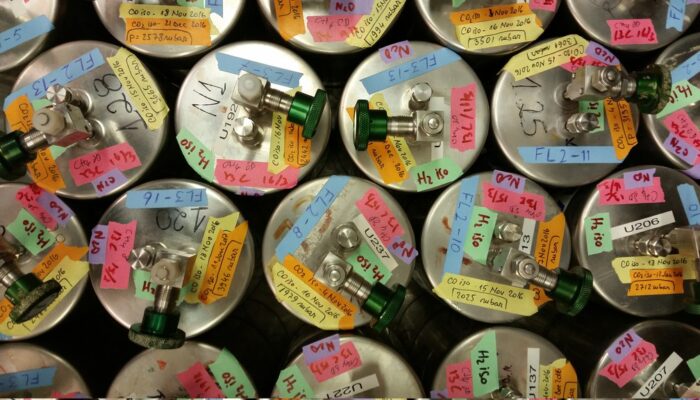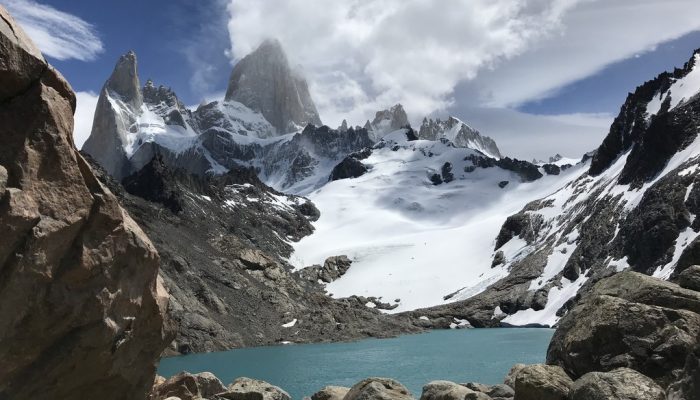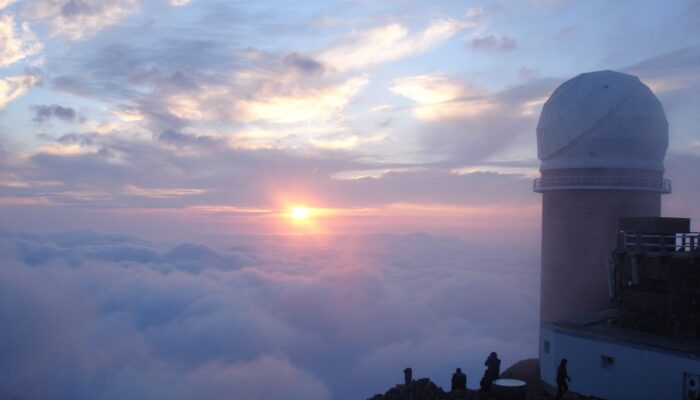The winter season is a good time to take advantage of cold weather activities, whether that’s hitting the ski slopes or warming up by a fire, but for Renato R. Colucci, it’s also one of the best time’s to study the Earth’s underground cryosphere. Colucci, who took this featured photograph, is a researcher at Italian Institute for Marine Sciences (ISMAR) of the National Research Council (CNR) and i ...[Read More]
Imaggeo on Mondays: Exploring the underground cryosphere




